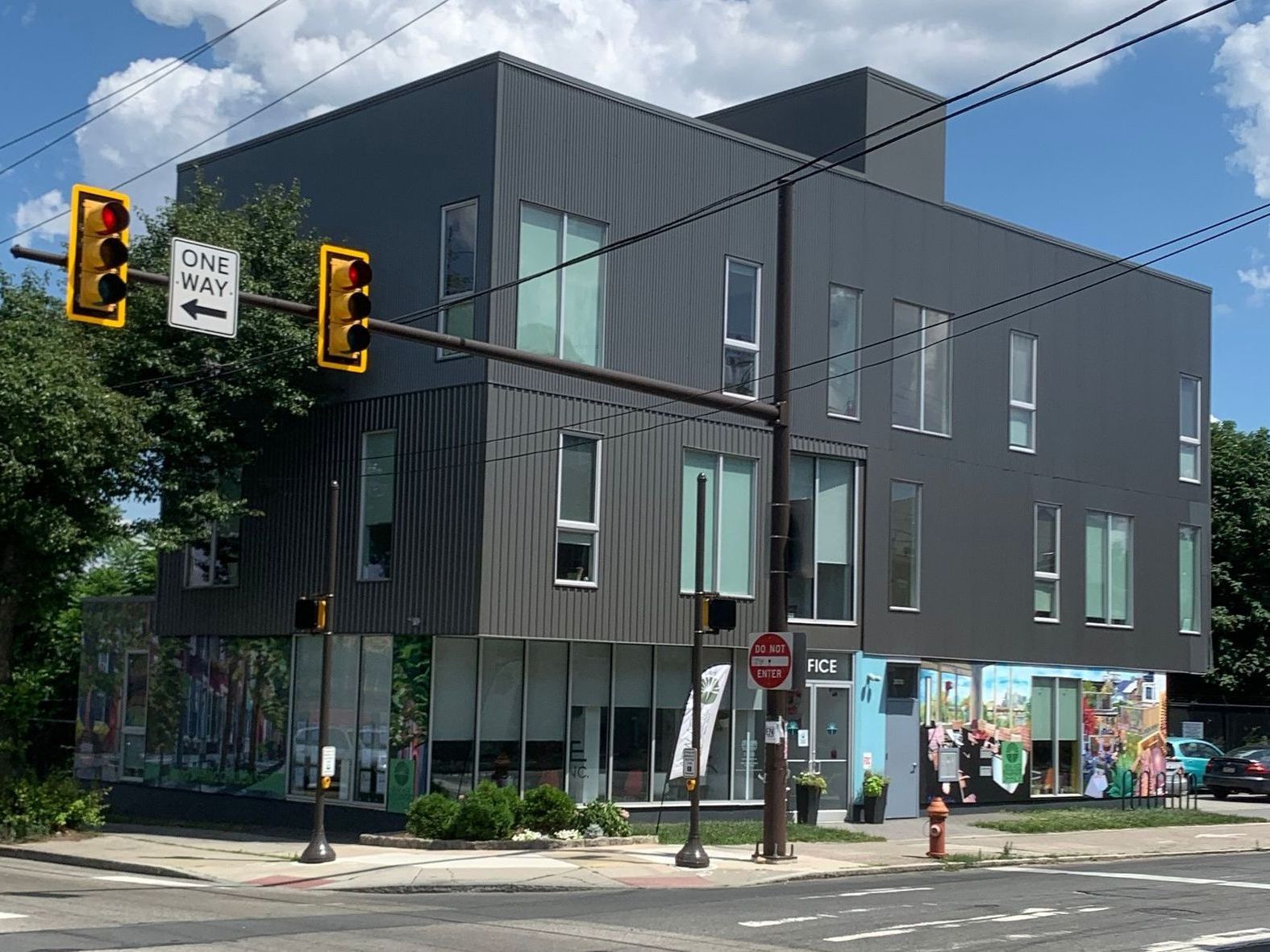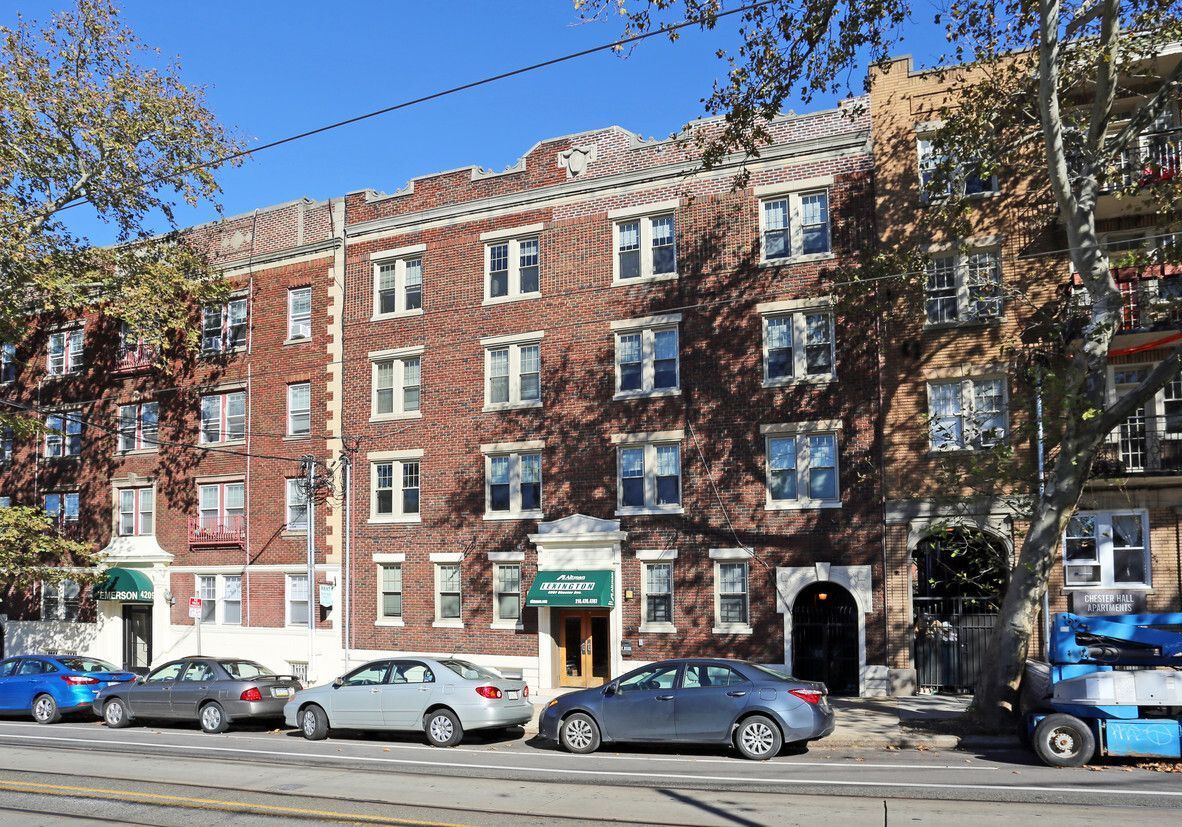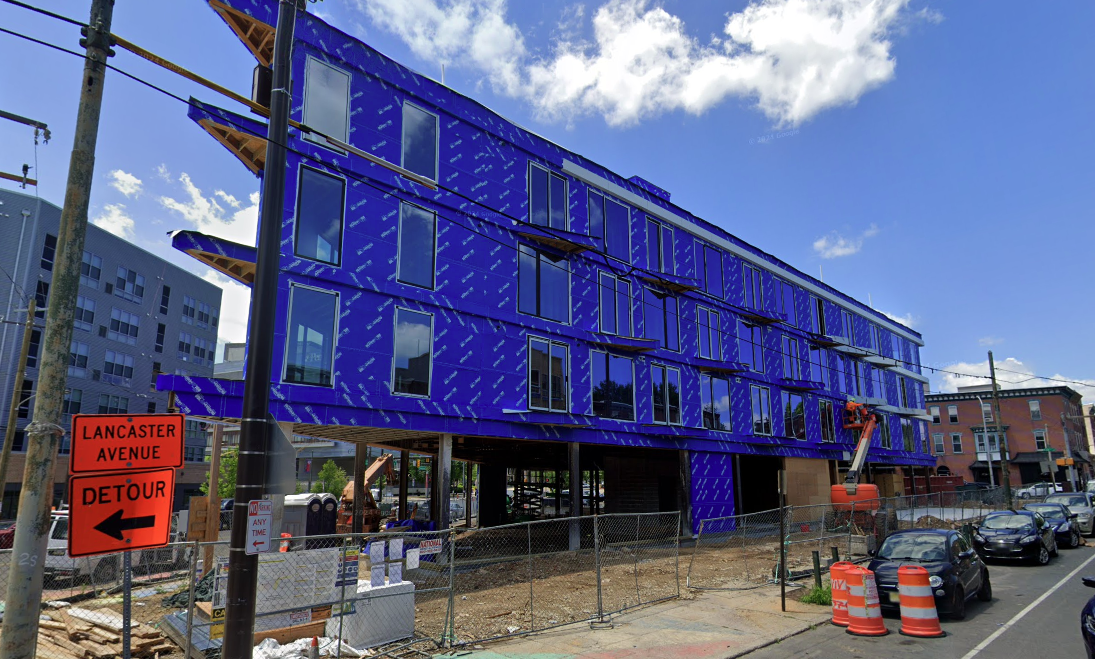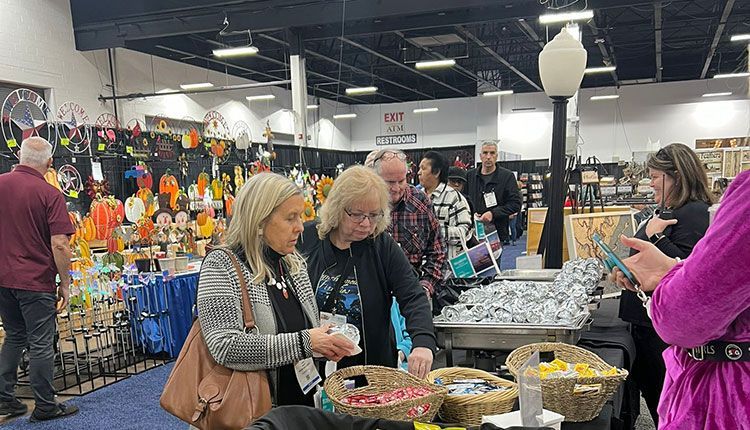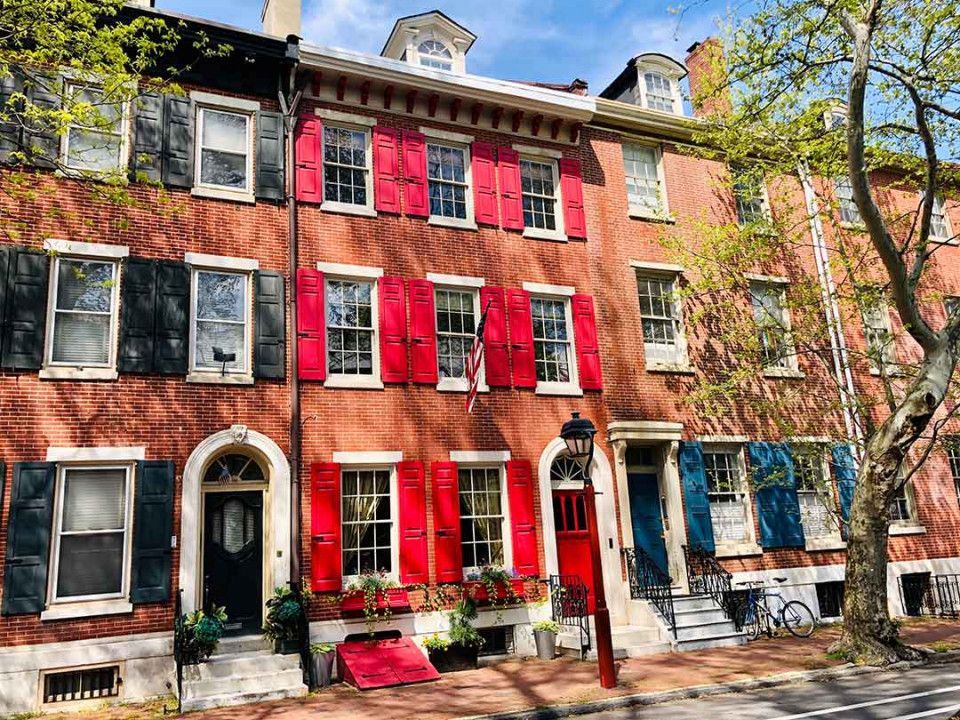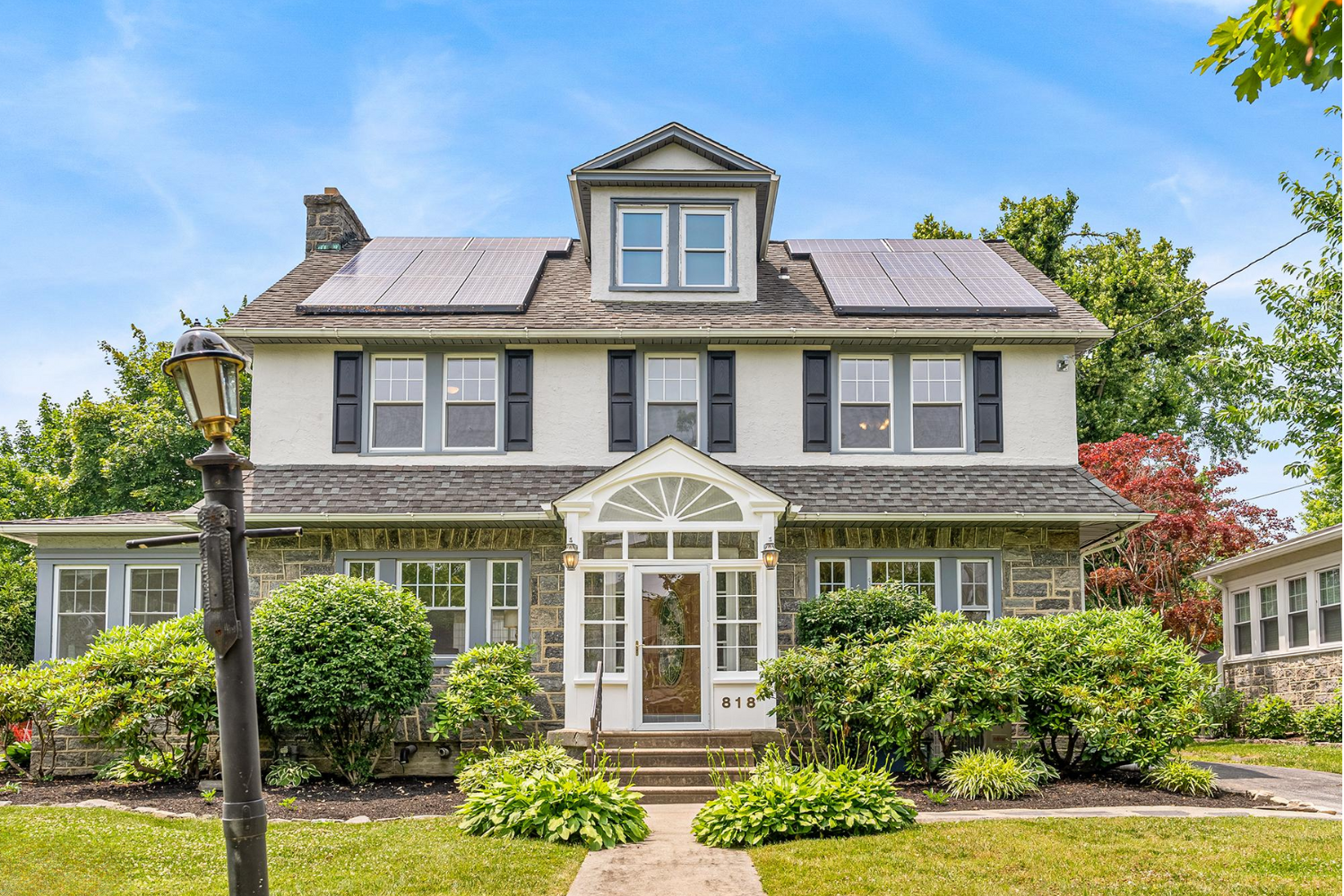Philadelphia has historically relied on tenant complaints to trigger rental property inspections. However, city officials and housing advocates are now actively exploring a shift toward a proactive inspection model aimed at ensuring safer, healthier rental housing conditions citywide.
Current Landscape of Rental Inspections in Philadelphia
Philadelphia's rental housing market has seen substantial growth, with nearly half of the city’s households now residing in rental units. Despite this, the city's Department of Licenses and Inspections (L&I) inspects only about
7% of rental units annually—a limited reach largely due to its complaint-based approach.
Compounding the issue, it’s estimated that as of 2020,
45% of rental properties (representing 30% of all rental units) were operating without proper licenses. This lack of oversight allows substandard conditions to persist, leaving many renters in unsafe homes.
As
Philadelphia's rental housing market continues to expand, especially with significant growth anticipated in neighborhoods such as West Philadelphia, proactive inspections become increasingly important to ensure quality and safety standards keep pace with rising rental inventories.
The Case for Proactive Inspections
The limitations of the current system have long been known.
Now, with increased pressure from tenant advocacy groups, Philadelphia may finally shift to a more proactive model.
Theresa Howell, a renter and member of OnePA Renters United Philadelphia, testified:
“The city gives [property] owners a license to rent. And I need the city to make that license mean something to protect renters.
The reactive inspection system that L&I currently has is inadequate.”
In response,
Bridget Collins-Greenwald, commissioner of the quality-of-life division at L&I,
announced a partnership with
The Pew Charitable Trusts to research national best practices and create a roadmap for Philadelphia.
“We’ll work with the mayor’s office and managing director’s office and our partners at [the Philadelphia Housing Development Corp.] to actually get some good recommendations together,” she said at a City Council hearing. More details about the pilot program are expected to be available in July.
"Proactive inspections help us and our owners avoid legal trouble, rental credits, and tenant insurance claims.
It's good for landlords and tenants alike," says Andrew Heller, Project Coordinator at New Age Realty Group. "From an owner's perspective, doing a preventative coat on a roof will cost less than redoing the roof in the long run... and
landlords need to see this as an investment, not just throwing money away."
New Age's Leasing Associate, Julie Weikart, echoes this sentiment, adding, "It's important that landlords approach inspections positively, rather than seeing them as just another expense. Even considering the necessary investments of time and money, this push for proactive inspections is definitely worth exploring."
Learning from Other Cities: Washington, D.C.'s Success
Philadelphia is studying models from other cities, notably
Washington, D.C., which overhauled its system in 2009. Initially complaint-driven, Washington now uses a
risk-based algorithm to proactively schedule inspections. The algorithm factors in:
- Age of the building
- Last renovation date
- Past inspection results
Keith David Parsons, an administrator at Washington’s Department of Buildings, emphasized its value:
“Proactive housing inspections have been a key part of the District’s tool kit to help maintain our stock of multifamily housing and make sure tenants are receiving the conditions required by law.”
Despite limited staffing—only nine inspectors conduct over
16,000 inspections annually—Washington’s program has improved compliance and housing conditions. It began with randomized inspections but shifted to scheduled visits based on the algorithm in 2018, offering landlords more predictability and control.
Barriers and Local Considerations
Transitioning to a proactive system in Philadelphia is not simple. Unlike D.C., Philadelphia’s rental market consists heavily of
small landlords and one- or two-unit properties, many of which are visually indistinguishable from owner-occupied homes.
Many of these small landlords face financial constraints that make it difficult to afford major repairs. Recognizing this, the city created the
Rental Improvement Fund through the Philadelphia Housing Development Corporation (PHDC). The fund offers up to
$25,000 per property in loans, which can be forgiven after 10 years if the landlord maintains affordable rents.
Since its launch in 2023, the fund has
allocated $8.2 million to repairs like roof fixes, HVAC upgrades, plumbing, and electrical work.
Rachel Mulbry, director of policy and strategic initiatives at PHDC, said:
“The Rental Improvement Fund is the city’s most recent and largest attempt to support Philadelphia small landlords to make needed repairs and improvements.”
She added that with additional funding, PHDC could scale the program to support more landlords and promote
energy efficiency improvements.
Staffing & Resource Limitations
Proactive inspections won’t succeed without adequate staffing—and that’s another challenge. According to a 2022 report,
one-third of L&I’s building inspectors have resigned since 2019, causing delays in enforcement and weakening public safety responses.
The department has flagged this issue to City Council in recent budget discussions, highlighting the need for more funding to expand staff and roll out proactive initiatives.
What Comes Next?
Several steps need to align for this vision to become reality:
- Funding: Tenant advocacy groups are calling for a
$10 million investment to launch a proactive inspection pilot program.
- Research Completion: Pew's research, begun in March 2025, is expected to last about
four months, after which the city will assess best practices.
- Technology Adoption: Philadelphia is likely to pursue a data-driven inspection model similar to D.C.’s algorithm-based system.
- Legislative & Community Buy-In: Implementation will require coordinated effort among the Mayor’s Office, City Council, L&I, and community groups.
If done right, Philadelphia could not only catch up to other progressive cities—it could set a new national example.
At New Age Realty Group, we believe in the importance of safe, well-maintained housing for every renter in our city. A proactive inspection system—supported by financial assistance for landlords and grounded in data—can help Philadelphia meet that goal while protecting and uplifting communities.
If you're a landlord, tenant, or industry professional wondering how these changes could impact you, we’re here to help navigate the road ahead.
Contact us today!


